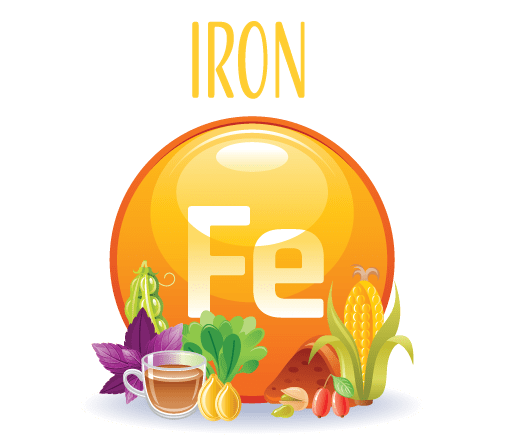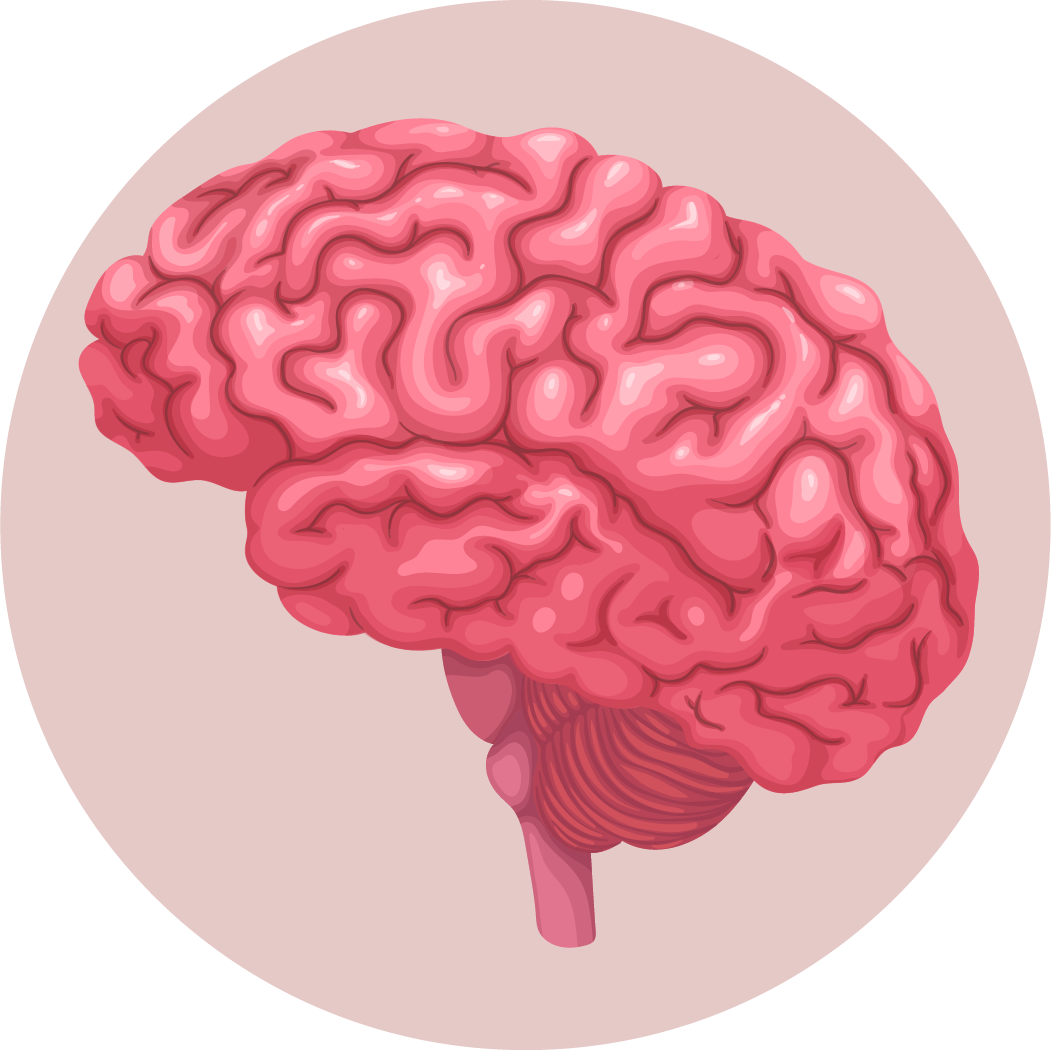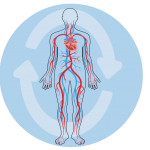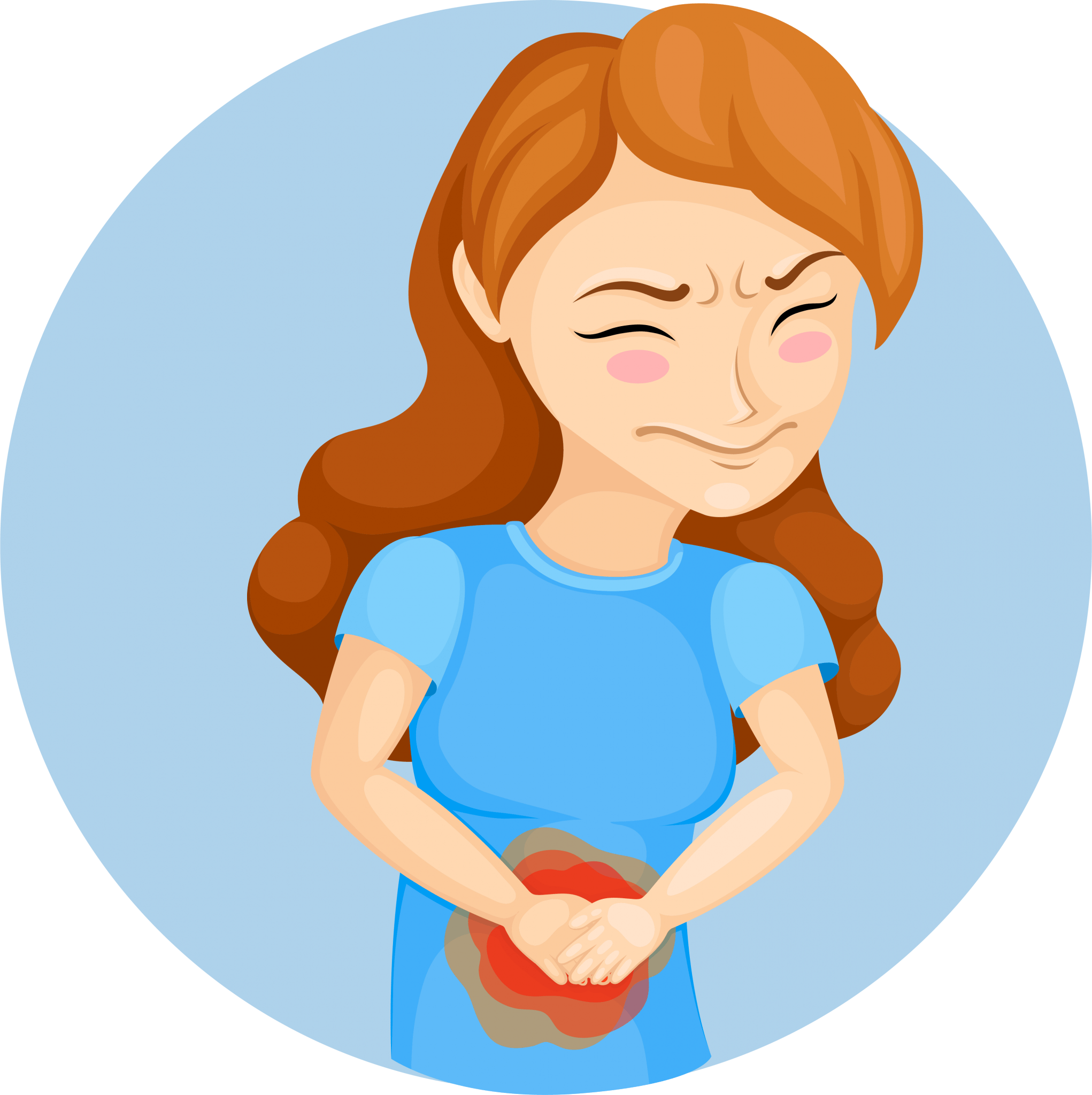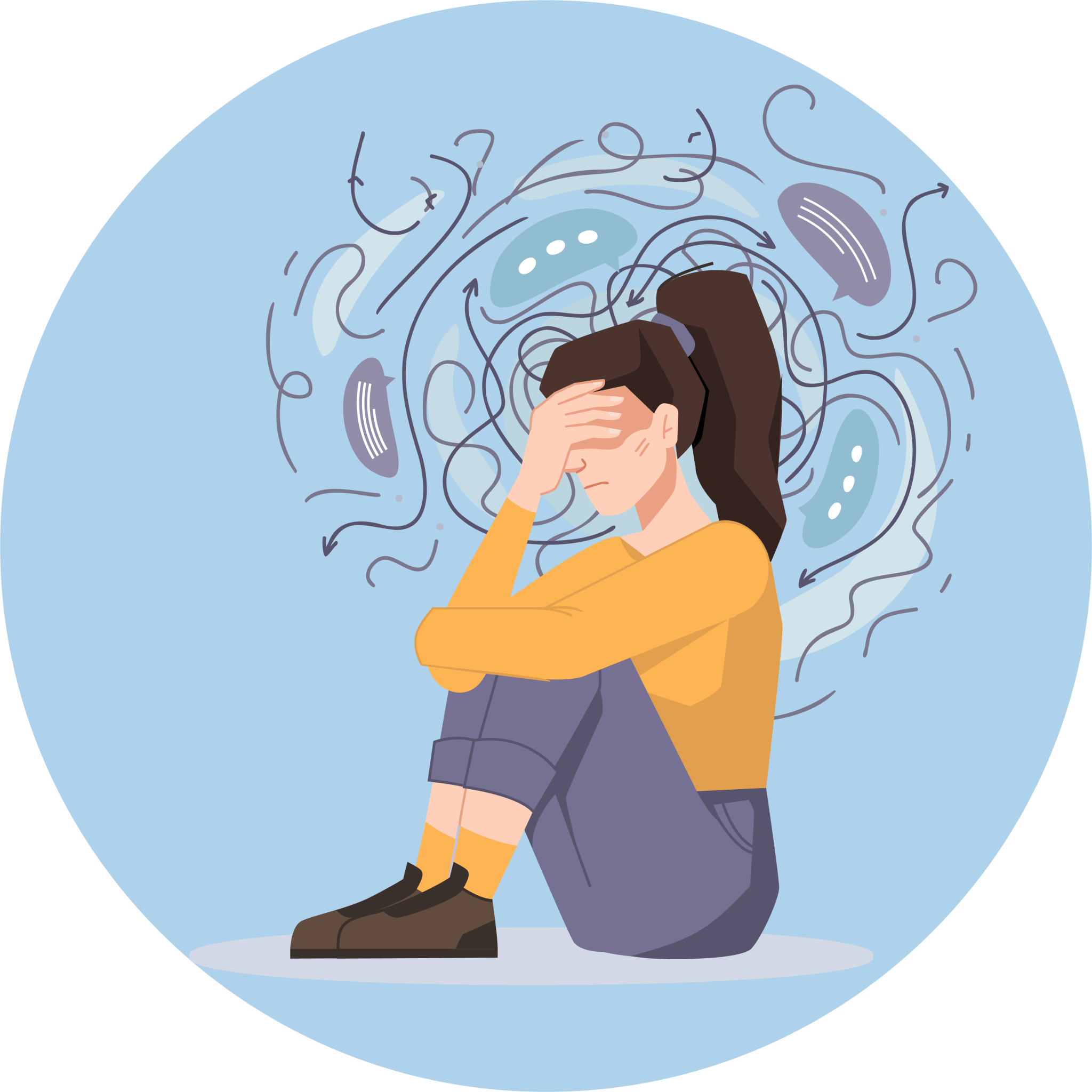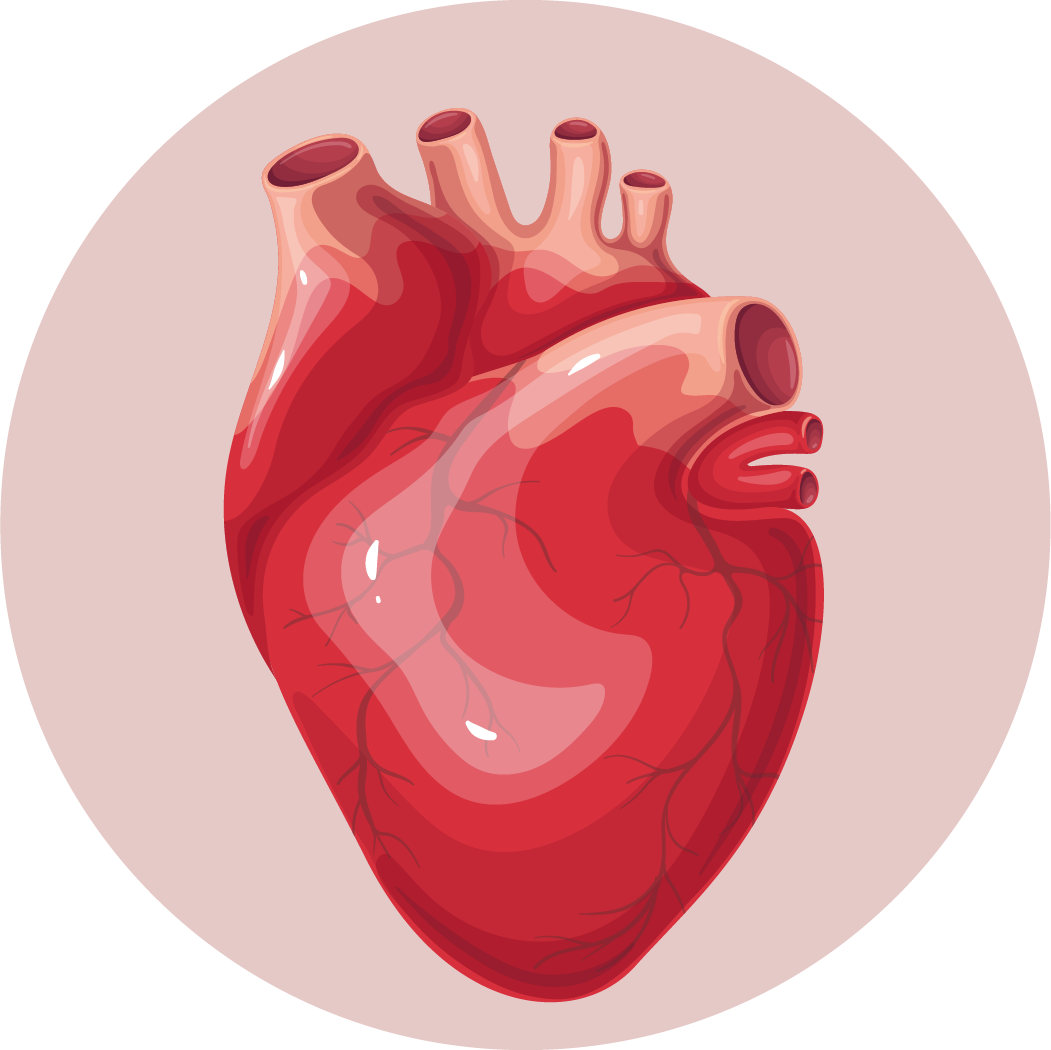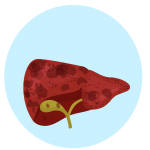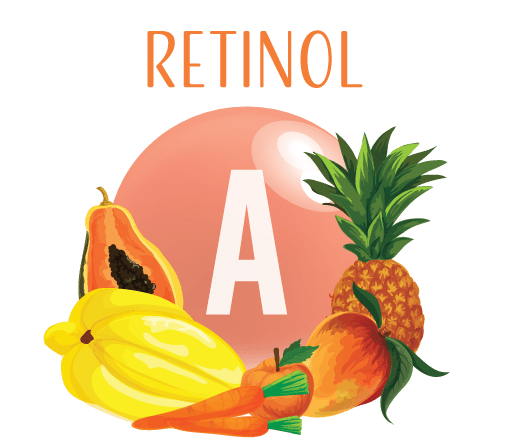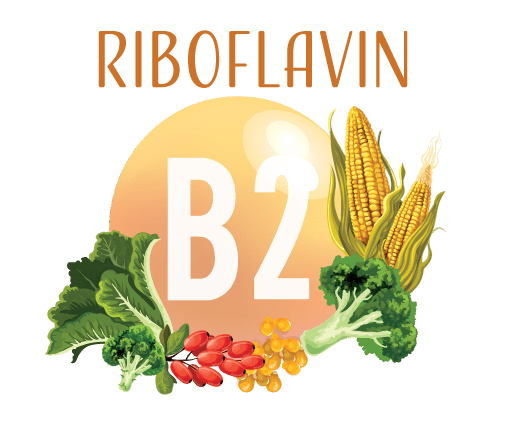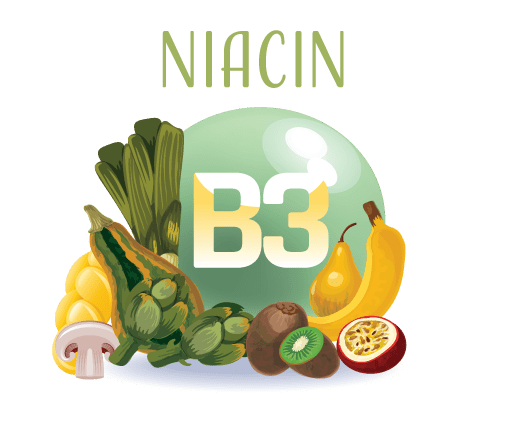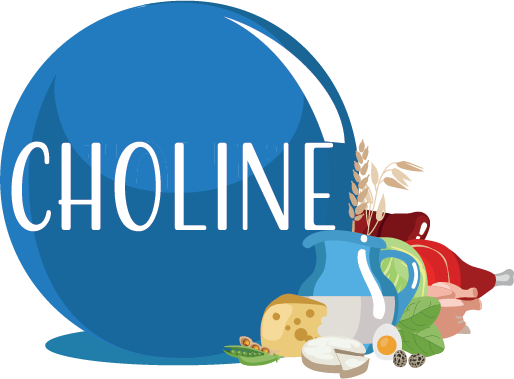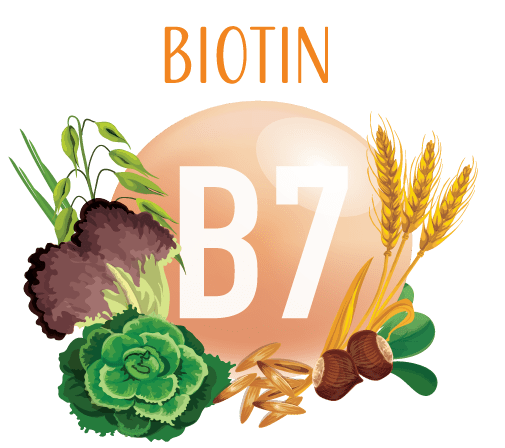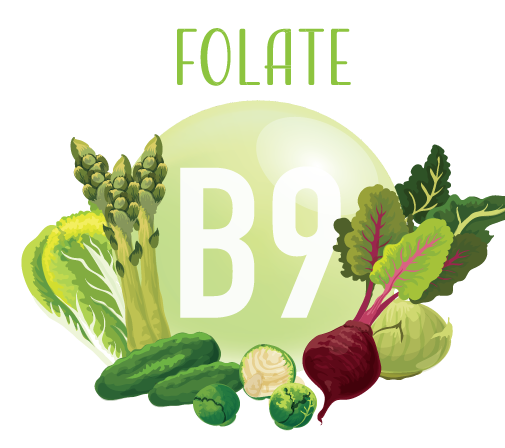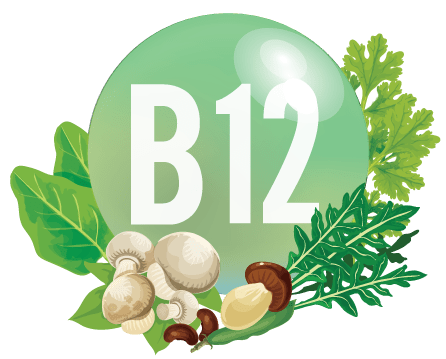Understanding Ferrous and Ferric Forms of Iron and How to Absorb it Better
Iron is an important mineral for good health. It helps to keep our blood healthy and is needed for making energy, for our immune system, and for some important enzymes. There are two types of iron: ferrous and ferric.
Iron that we get from food is usually in the ferric form. But our body absorbs ferrous iron better. Ferric iron needs to be made soluble to be absorbed, and this happens in the stomach. Food can affect iron absorption too. Some foods help iron to be absorbed better, while others can stop this.
It’s a good idea to eat a balanced diet that includes iron-rich foods like meat, lentils, beans, nuts, and leafy green vegetables. Vitamin C can also help our body absorb iron better. By making sure we have enough iron in our body, we can stay healthy and avoid problems like tiredness and weakness.
